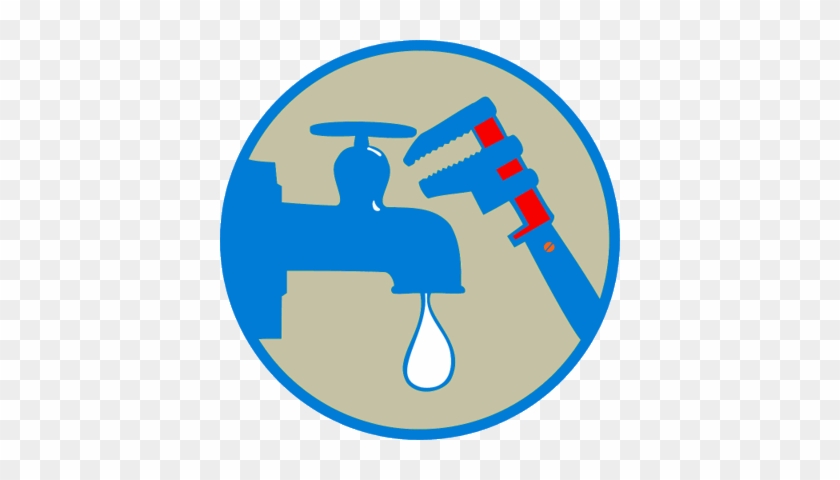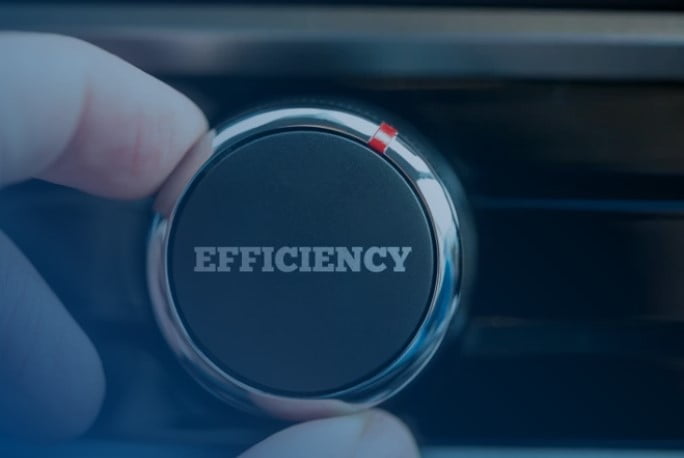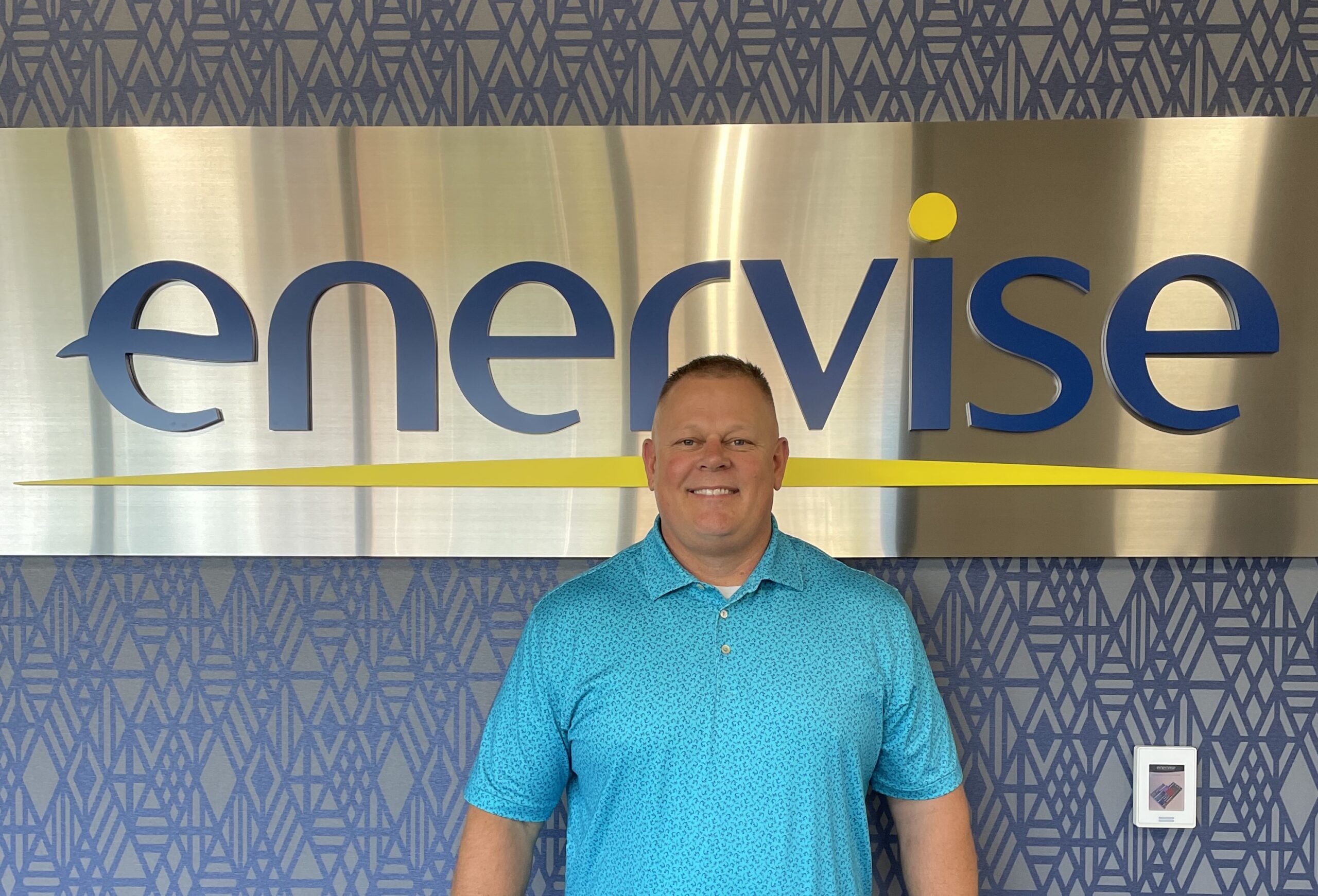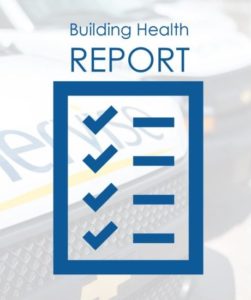We are the first to champion HVAC maintenance and service agreements. One of the most important things you can do for the longevity of your mechanical systems, safety and comfort of your building occupants as well as keeping building costs in check related to your heating and cooling systems, is to ensure that an experienced HVAC technician inspects and maintains your mechanical system regularly.
However, while we do always recommend HVAC and general preventative building maintenance versus no or deferred maintenance, there are a few things you want to ask before you sign on for an HVAC maintenance program.
1. What Are Your Goals for Having a Maintenance Program?
This question is especially relevant if you’ve received a significantly lower offer, and you’re considering accepting it. Unlike a tangible product purchase, a service purchase may turn into a wasted expenditure if the maintenance tasking performed accomplishes little to prevent avoidable emergency repairs that likely turn out to be costly.
2. Be Careful Not to Fall Into the Cheap Maintenance Contract Trap
Maintenance pricing is a function of the labor it takes for the tasking and number of inspections specified. Many building owners would be better off to defer maintenance altogether than to waste precious budgets on too little maintenance. If there’s one thing you learn from working in any sphere of construction or building maintenance, it’s that inexperienced contractors usually present lower offers, purely because they have missed something important. Worse yet, many purposely underbid – while delusional buyers hope they are being presented with a comparable and well-designed preventive maintenance program. This leads to over promising and under delivering, which leaves the customer in a bind since the scope of the contract wasn’t met. This is particularly relevant when you are discussing complex building automation and mechanical systems (BAS.) Thankfully, the governing body for building codes related to mechanical equipment, the American Society of Heating, Refrigeration and Air-Conditioning Engineers (ASHRAE) as well as the Air Conditioning Contractors of America (ACCA) jointly developed guidelines to help building owners and managers to specify appropriate maintenance tasking and frequency of inspections. This standard (ASHRAE/ACCA Standard 180P) outlines best practices for the inspection and maintenance of commercial building HVAC systems and helps building owners understand minimum HVAC inspection and maintenance requirements to achieve acceptable thermal comfort, energy efficiency and indoor air quality in commercial buildings.
3. How Often Will Technicians Do Routine Maintenance?
Ideally, HVAC tasks should vary with the season. Sometimes, however, particularly when pricing is low, inspections are limited to once a year. Twelve months is a long time in the lifespan of an HVAC system that needs to be cleaned of airborne dirt, get filters changed, and moving parts, combustion and refrigeration systems checked. It’s not often enough to ensure that your system is working well all the time. Typically, tasking is performed every 90 days to optimally run mechanical systems, control downtime and avoid unnecessary emergency repairs. Talk with your maintenance professional after an asset survey of your equipment to specify the right frequency and tasking into your maintenance program.
3. Are Basic Parts Covered?
Some HVAC companies base maintenance contract pricing on the labor to carry out inspections, testing and cleaning only. However, there are consumables in HVAC systems that will need to be replaced from time to time – like air filters, belts, and gaskets.
Find out which of these parts and consumables (if any) are included in your pricing before you sign.
4. What Is Your Typical Call Out Time?
Chances are, if you’re signing a maintenance contract with an HVAC company, you’re going to be using them for routine maintenance and emergency repairs. Those emergency repairs will usually be exactly that – something disastrous that requires immediate attention. You should expect to receive a guaranteed response time for emergency HVAC repairs. Often, if your building controls system is serviced by the same service contractor, you can count on a single source and eliminate finger pointing along with additional service call outs from separate controls and mechanical contractors. With today’s controls systems many repairs can be avoided through a monitoring agreement where your service contractors remotely diagnose and repair issues versus rolling a mobile services technician.
Make sure you know upfront how long you can expect to wait in any of those scenarios, and if there will be any hidden costs for priority call outs.
5. What Is the Warranty On Repairs?
Before you accept any HVAC maintenance pricing you need to be sure to understand what the warranty period on repairs will be.
Most companies will pass along any manufacturer’s warranties on equipment and replacement parts, but you need to know what the warranty on their labor and workmanship will be.
In other words, if the parts are working, but the repair didn’t fix the problem properly, will you be charged for additional call outs and labor to get it done right? In some cases it may be beneficial for you to consider maintenance programs that offer additional insurance provisions that cover all moving parts and the labor for repair. These programs shift risk to the service contractor and offer a fixed budget, even for billing related to your HVAC maintenance and repair budget.
6. Check the Fine Print and Demand Proof of Service
The most important thing to remember when choosing an HVAC maintenance service or contract is to read the fine print. Be sure about what is included and what is not, what your responsibilities are, and every other element of the quotation or contract – and if it’s not clear, ask. Your service contractor should be able to validate that all maintenance was performed with service history online, and provide reports showing that you’re getting the maintenance program that give you the return on your investment along with peace of mind. In short, you’re a smart buyer with a trusted advisor in your corner.




